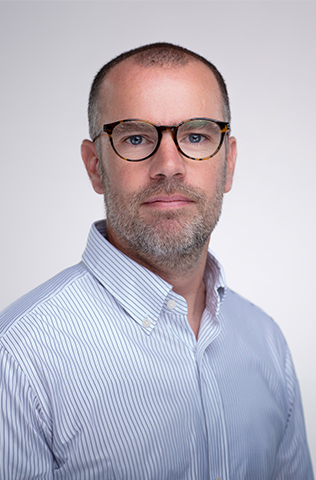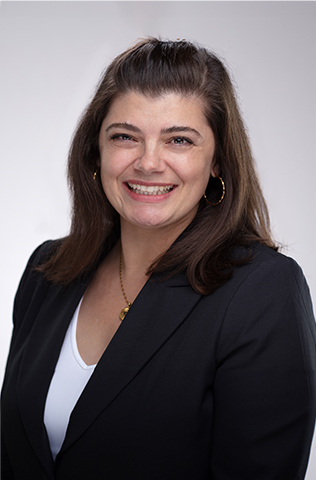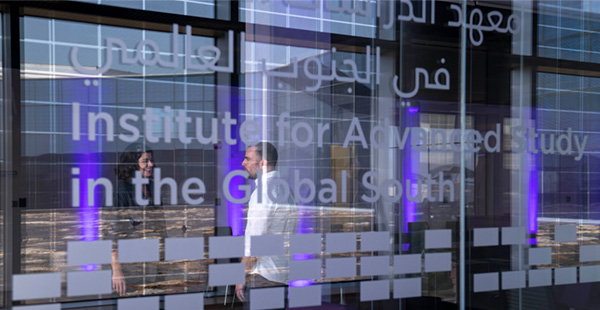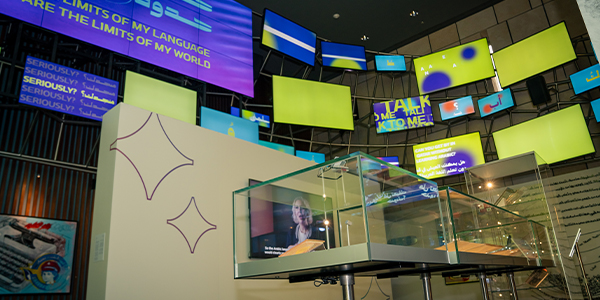Fellowships
Our fellowship programs support scholars working in and on the Global South. At the Institute for Advanced Study in the Global South, fellows draw on diverse disciplines to produce knowledge that is locally grounded and globally resonant. They push against disciplinary boundaries to spark critical conversations on enduring and emerging challenges. As part of an inclusive community of scholars, #IAS_NUQ Fellows pursue individual projects, collaborate in research groups, publish multilingual work, and organize lectures, screenings, workshops, and conferences.
Global Undergraduate Fellowships
The Global Undergraduate Fellowship offers Northwestern Qatar students the opportunity to advance new or ongoing research and creative projects to develop them into an original contribution to evidence-based storytelling and hence to knowledge. Over a year, fellows work with #IAS_NUQ staff and faculty mentors to strengthen their research skills, develop their concepts, and produce original work published with #IAS_NUQ_Press and presented to local and global audiences.
Meet the 2026 Fellows Meet the previous Fellows
Global Fellows
Alongside their own projects, #IAS_NUQ Global Fellows take part in the Institute’s intellectual life through research groups, feedback sessions, and events. They present their work publicly and are encouraged to publish a multilingual working paper or creative output with #IAS_NUQ_Press.
Meet the 2025-26 Fellows Meet the previous Fellows








